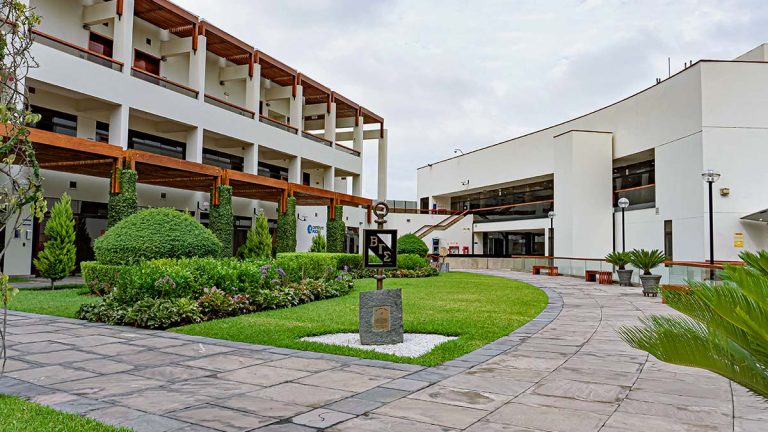Abstract
The increasing demand for fast, eco-friendly delivery services driven by e-commerce growth has led to innovative logistics solutions. Hybrid delivery systems combining trucks and Unmanned Aerial Vehicles (UAVs) are emerging as innovative approaches to meet these demands. This study develops a comprehensive mathematical model to optimize such systems, addressing key challenges such as UAV limitations (short range, cargo weight, and energy constraints) and the influence of weather conditions (wind speed, wind direction, and temperature). A significant contribution of this work is the simultaneous consideration of weather factors on both truck energy consumption and UAV flight performance, enabling realistic and adaptive logistics planning. In the proposed system, UAVs operate alongside trucks, returning for recharging after completing their assigned deliveries, which enhances operational feasibility. The model is designed to minimize two objectives: delivery time and cost. Small problem instances are solved using CPLEX solver for validation, while larger instances are tackled using NSGA-II and MOPSO meta-heuristic algorithms. Sensitivity analyses further explore the impact of weather parameters on system performance, offering valuable insights into its adaptability under uncertain conditions. Results demonstrate the model’s effectiveness and the computational efficiency of the algorithms in handling complex, real-world scenarios, contributing to sustainable and intelligent logistics solutions.



